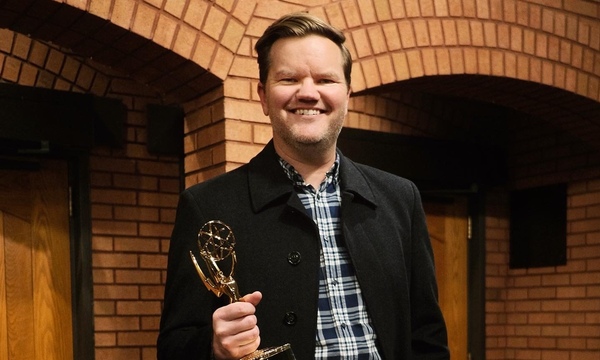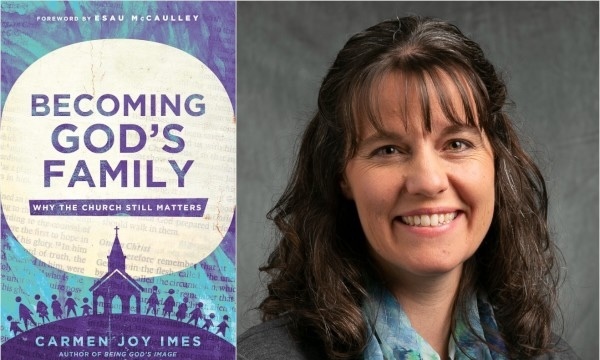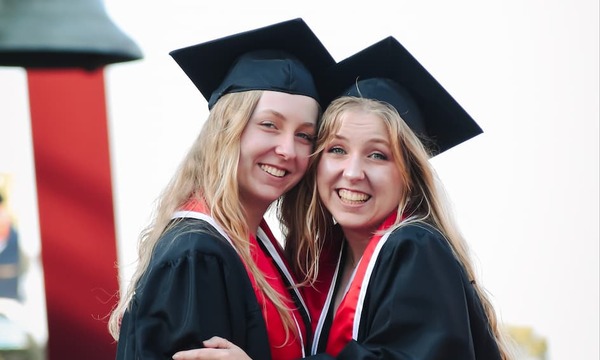As a prelude to Earth Day on April 22, Biola University hosted Creation Stewardship Week, a series of lectures and events that stirred conversation surrounding the importance of stewardship of the environment and its natural resources. In recent years, Biola has established greener initiatives that maintain the environment and provide practical ways for students to be involved in creation stewardship like recycling and Biola’s organic garden.
“We live in a world that is not right and it needs to be reconciled back to God,” said Mark McReynolds, assistant professor of biology and director of environmental science. “That’s what Jesus did. Creation Stewardship Week stems from that vein and is moving in that direction.”
Biola’s Creation Stewardship Committee organized the week that aimed to encourage students, faculty, and visitors to think green within the mindset of being stewards of God’s creation. Activities included planting citrus trees, a farmer’s market that featured local vendors, special speakers and a documentary screening of “No Impact Man.”
In May 2013, professor of biology, Jason Tresser, acquired an aquaponics system for Biola’s organic garden, which he founded in 2009. The system — a recirculating environment — recycles waste created by fish by channeling it through plant beds that, in turn, provide clean water for the fish. In addition, Tresser hopes that the system will harvest several dozen fish per week within the next couple years.
“Creation Stewardship Week enhances our ability to educate students about the environment,” Tresser said. “We’re trying to show how to be more efficient. My goals are to see more finger projects popping up around other places on campus.”
The organic garden is one of those projects that has left a footprint across Biola’s campus over the past four years. The garden provides various types of produce and composts biodegradable waste from Biola’s cafeteria. In turn, the garden donates goods to the cafeteria. Tresser reported 100 pounds of tomatoes, 100 pounds of onions and carrots and 20 pounds of peppers were given to the cafeteria in the last year alone.
“Food is a great gift from God,” Tresser said. “Stewarding is utilizing these resources that come from God. We are trying to be more proactive in thinking about taking care of what has been given to us.”
Additionally, the university has taken steps in furthering recycling efforts on campus. Four years ago, McReynolds and students from Biola’s environmental science department encouraged the university's maintenance department to create a recycling program. Since then, the project that has decreased the amount of waste produced on campus.
McReynolds described how recycling serves as a precursor for instigating other green initiatives.
“Everyone should recycle, but it’s a very basic, minimal thing to do,” McReynolds said. “In this generation it’s become more normal to recycle. Recycling in the public’s eye is ‘I’ve done my bit.’ It’s a teeny, tiny bandaid for what else is supposed to occur.”
Though many projects have been initiated to reduce the amount of waste produced on campus, McReynolds said that there are still many opportunities that the Creation Stewardship Committee is considering pursuing in later years. These considerations include providing post-consumer recycled paper in faculty copy rooms and building “eco-houses” that contain solar-panels and energy-saving features as a housing option for students.
“We are making progress,” McReynolds said. “There is still a lot of progress to be done, but there has been progress."
Watch an iCNN report recreating Biola's Creation Stewardship week here.
 Biola University
Biola University
.jpg)

